Description
New Zealand Honeydew
This Honeydew comes from New Zealand, verdant beech woodlands. Honeybees capture drips of nectar that shimmer in the sun like morning dew. It has a malty, earthy flavour that reminds me of a beech forest. Honeydew has a high mineral level as well as a high oligosaccharide content.
New Zealand Honeydew is a premium export honey from New Zealand.
Since the early 1970s, it has been exporting to Europe, notably Germany. In New Zealand, there are various honeydew-producing scale insects that live on a range of plants.
New Zealand is a country in the Pacific Ocean. The high conductivity of beech honeydew is typical of most honeydews. The nature of honedew manufacturing causes this. Aphids, scale insects, and other insects of the Homiptera order (those with sap sucking mouthparts) suck sap from the host plant and excrete a sweet sticky nectar that is essentially slightly modified sap.
Honeybees collect this as a nectar source, which is then “ripened” into honey. This journey is distinct from that of typical floral honeys. The direct sucking of the sap, the presence of a second insect in the production chain, and the presence of sooty moulds all add up to a mineral richness not generally found in floral honeys. Honeydew’s ability to conduct electricity is used to indirectly measure this. Beech honeydew has an average conductivity of 12.6 mS/cm and a standard deviation of 2.5 mS/cm (750 records).
Honeydews have a high Fructose content, a low glucose content, and a higher level of higher sugars like maltose. They also have a low tendency to crystallise. Beech honeydew crystallises slowly as well, and some beech honeydews never crystallise at all. Another distinguishing feature of New Zealand beech honeydew is the presence of higher levels of oligosaccharides (complex carbohydrates) than typical flower honeys.
New Zealand Honeydew is regarded as one of the world’s most distinctive and intriguingly strange types of honey.
Even among the specialities, it has been hailed as exceptional honey.
New Zealand Honeydew (also known as forest honey) comes from New Zealand’s beech forests. Our forests attract aphids, which feed the sap on the bark of the trees for protein building blocks and amino acids, then excrete a sugary material on the trees that sparkles in the sunlight, earning the name “honeydew.” The bees adore the honeydew and feed on it, resulting in an exceptionally stunning and completely organic end product that is unlike any other honey prepared from flower blossom nectar.
New Zealand Honeydew is becoming a premium export item for New Zealand, but it is still relatively unknown in Asia. However, with the growing number of clinical trials in recent years, it is thought that this honey, like Manuka honey, will one day become the next hot health food with a prominent position.
What Does It Taste Like?
Our amber-colored Honey Dew honey comes from the black beech forests that run along the Southern Alps of New Zealand’s South Island. It’s full-bodied and silky smooth, with a strong and identifiable woodsy scent, a malty, earthy flavour, and noticeable tangy overtones. New Zealand Honeydew goes well with cheeses and makes a delicious drizzle for salads, desserts, and Greek yoghurts.
Health Benefits That Are Out of This World
This honey has a higher degree of antioxidants, antibacterial activity, mineral content, and nutritional and therapeutic benefits than most other flower honeys.
“New Zealand Honeydew has a greater amino acid composition and antioxidant capacity to prevent disease.” The Journal of Agricultural and Food Chemistry published a paper in 2007.
“When compared to other types of honey, Honey Dew Honey has a higher phenolic content, which is responsible for the antibacterial activity.” Lincoln University, New Zealand, Agriculture and Life Sciences Division, 2006
“When compared to other varieties of honey, honeydew honey contains a lot of bioactive components. Its antibacterial action is demonstrated by the inhibition of bacterial growth in 10 strains of Staphylococcus aureus.” Agricultural Sciences and Veterinary Medicine University of Agricultural Sciences and Veterinary Medicine University of Agricultural Sciences and Veterinary Medicine University of Agricultural Sciences and Veterinary

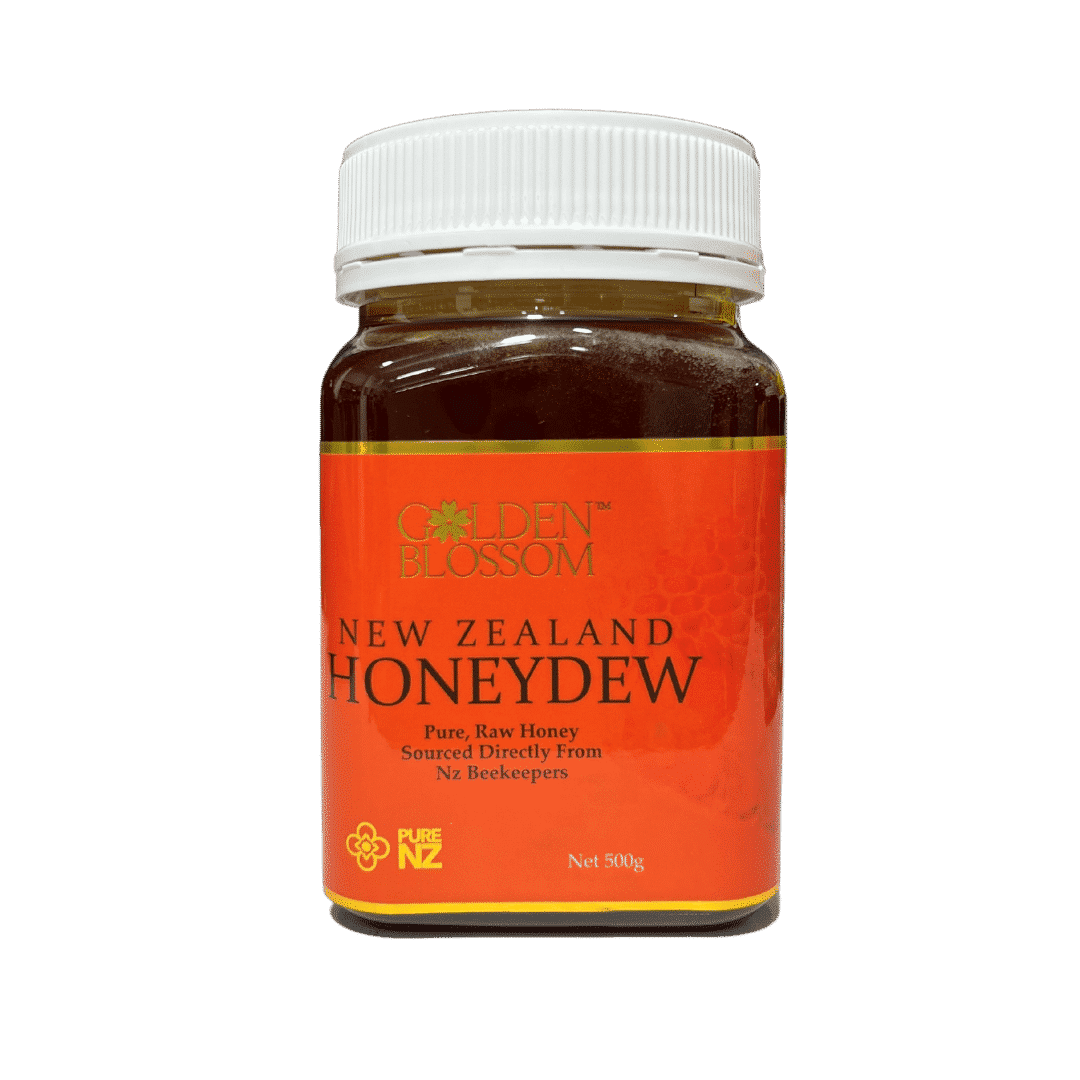
 or 4 payments of
or 4 payments of 


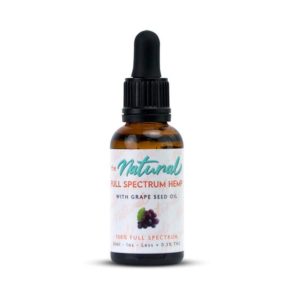
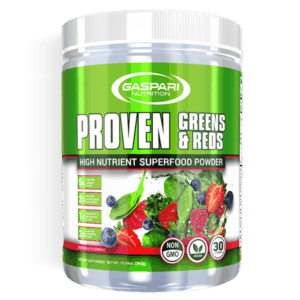



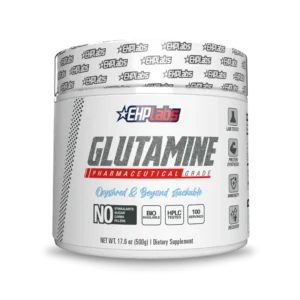


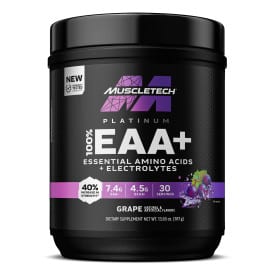

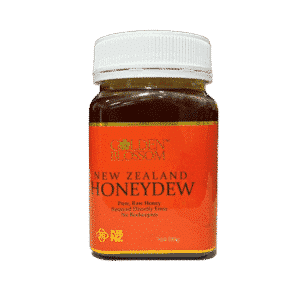

Reviews
There are no reviews yet.